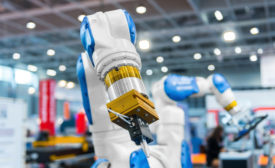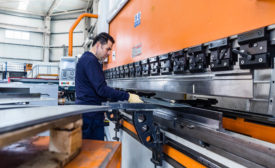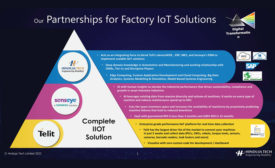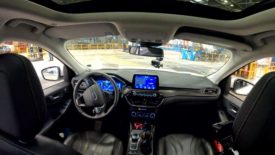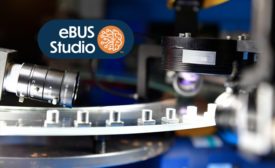Home » artificial intelligence
Articles Tagged with ''artificial intelligence''
Manufacturing Software
An IIoT Roadmap for Driving Productivity and Efficiency in Automotive Assembly Plants
A three-tiered approach is needed to connect, collect and analyze production data.
April 27, 2023
The Current Scope and Future of AI in Assembly
A Conversation with Jousef Murad
March 23, 2023
sponsored content
Manufacturing Apps Bring Decision-Support to the Factory Floor
March 9, 2023
Never miss the latest news and trends driving the manufacturing industry
Stay in the know on the latest assembly trends.
JOIN TODAY!Copyright ©2024. All Rights Reserved BNP Media.
Design, CMS, Hosting & Web Development :: ePublishing
